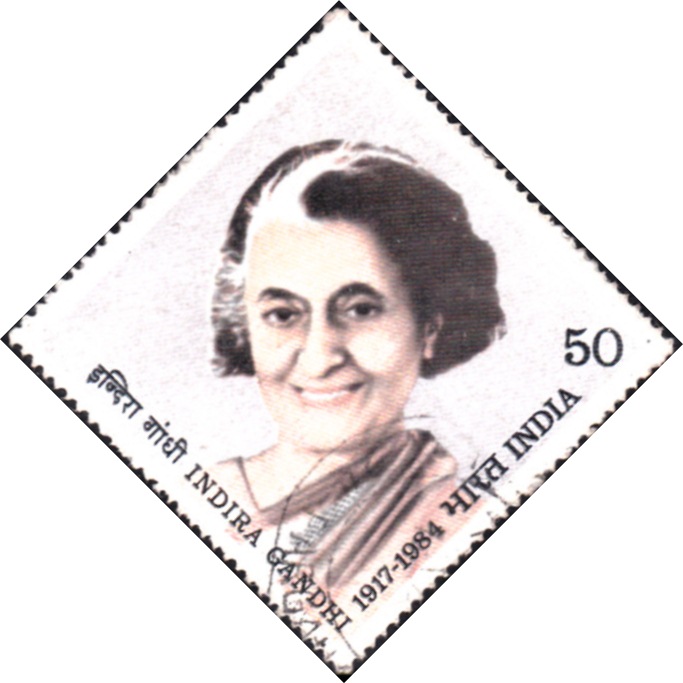
Indira Gandhi 1984
A postage stamp on Indira Gandhi Commemoration (1st Issue), 3rd Prime Minister of India (1966-77, 1980-84), mother of Rajiv Gandhi, 6th Prime Minister of India (1984-89) :
 Issued by India
Issued by India
Issued on Nov 19, 1984
Issued for : The Indian Posts & Telegraphs Department offers its humble tribute, to this illustrious leader of our country, a legend of our times – Smt. Indira Gandhi.
Description of Designs : The 50 p. two colour stamp is designed by Charanjit Lal. The first day cover is based on a design prepared by Badar Makhmoor. The cancellation has been designed by Alka Sharma.
Type : Stamp, Postal Used
Colour : Multicolour
Denomination : 50 Paise
Name : Indira Priyadarshini Nehru
Born on Nov 19, 1917 at Allahabad, United Provinces, British India
Died on Oct 31, 1984 at New Delhi, India
About :
- Born on November 19, 1917 at Allahabad, Indira Priyadarshini as she was named by her father Jawaharlal Nehru and her mother Kamala Nehru, got her early education in Switzerland and at Oxford, and in India at Bombay, Pune and at the Vishwa Bharati, Shantiniketan.
- Even in her early childhood, young Indira involved herself in the struggle for freedom and founded the Bal Charkha Sangh, and in 1930 the ‘Vanar Sena‘ of children to help the Congress Party during the Non-Cooperation Movement. Indira Priyadarshini was married to Feroze Gandhi on March 26, 1942. Soon after, she and Feroze Gandhi were imprisoned in September, 1942, for their association with the Non-Cooperation Movement. Smt. Indira Gandhi came in close contact with various eminent national leaders through her father and her family. She was greatly influenced by the ideals of Mahatama Gandhi and worked in the riot affected areas of Delhi under Gandhiji‘s directions in 1947. Smt. Indira Gandhi and Feroze Gandhi had two sons Rajiv and Sanjay. Sanjay died prematurely in an air-crash at Delhi.
- After Independence, Smt. Indira Gandhi was the official hostess to her father Pandit Jawaharlal Nehru. She accompanied Pandit Nehru on his tours in the country and abroad and picked up the art of statecraft and diplomacy from her famed father. From 1955 she was actively associated with the working of the Indian National Congress and was elected as its President for the term 1959-60. She was made the Minister for Information and Broadcasting in 1964 in the cabinet of Late Lal Bahadur Shastri. After the sudden demise of Lal Bahadur Shastri, Smt. Indira Gandhi became the Prime Minister of India in January, 1966. She continued to lead the country through various challenges and trying situations upto March, 1977 when in the elections she was defeated. However, she was back as the Prime Minister of India in January, 1980 and since then provided dynamic leadership to this country of over 700 million people of various religions, languages and customs, till she breathed her last. She was associated with a very large number of welfare and cultural organisations and institutions. On an average she used to work 17 to 18 hours a day. Her work provided her the source of recreation and relaxation. Smt. Gandhi was fond of the mountains, wherefrom, she derived inspiration and strength. Being a lover of nature she took active interest in all ecological preservation efforts.
- True to her socialistic ideals Smt. Indira Gandhi took a number of bold steps like abolition of privy purses and nationalisation of banks. She had a special corner in her heart for the poor and the downtrodden as also for the disabled. She launched the twenty point programme for the removal of poverty, ‘Garibi Hatao’, and for the all round progress of the nation. On the international front, India got a place of rare honour and respect at all forums, thanks to her keen understanding and appreciation of the international situation.
- Smt. Indira Gandhi has been conferred with a number of honorary doctoral degrees from the Universities and Institutions around the world, she was also awarded a very large number of prestigious national and international awards including the Bharat Ratna in 1972. In 1971 she was acclaimed to be the most admired women according to a poll conducted by the French Institute of Public Opinion. Smt. Gandhi travelled all over India and the larger part of the world, and wherever she went she won numerous friends and admirers. Busy as she was with all her myriad responsibilities Smt. Gandhi enjoyed reading on a variety of subjects. She has also written a number of books and reminiscences which include Eternal India, Ma Varite, My Truth, Peoples and Problems and a few more. Not only was Smt. Gandhi acclaimed as a connoisseur of the arts, she was also an ardent advocate of scientific and technological advancement. India’s Space and Nuclear Research programmes owe their growth and development to the vision and foresight of Smt. Indira Gandhi.
- It was her encouragement which earned the Asian Games held in Delhi in 1982, worldwide fame. The successful hosting of the Non-Aligned Summit Meet and the Commonwealth Heads of Government Meeting in New Delhi under her leadership made every Indian proud. It was an honour for her and for the country when she was elected chairperson of the Non-Aligned Meet in 1983.
- Smt. Indira Gandhi worked relentlessly for the integration, unity and progress of the country till the very last. In one of her last speeches she said:
- “Every drop of my blood, I am sure, will contribute to the growth of this nation and make it strong and dynamic.”
- The nation lost a charismatic leader with a rare vision, and the world a remarkably foresighted statesman, when Smt. Indira Gandhi was assassinated on the morning of the 31st October, 1984 bringing to a close a most eventful era in India’s history.


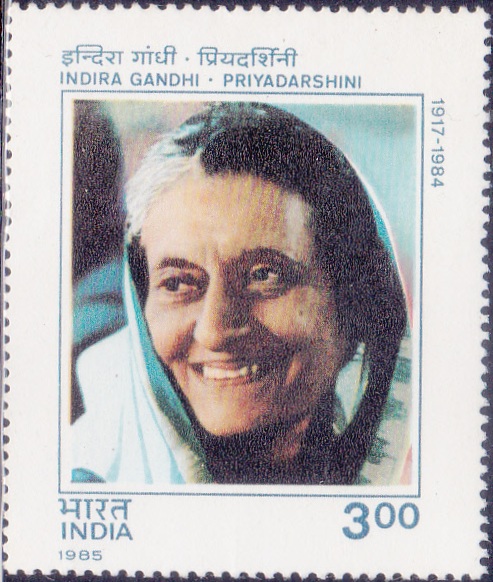
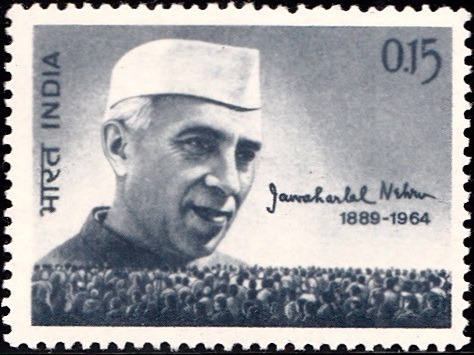
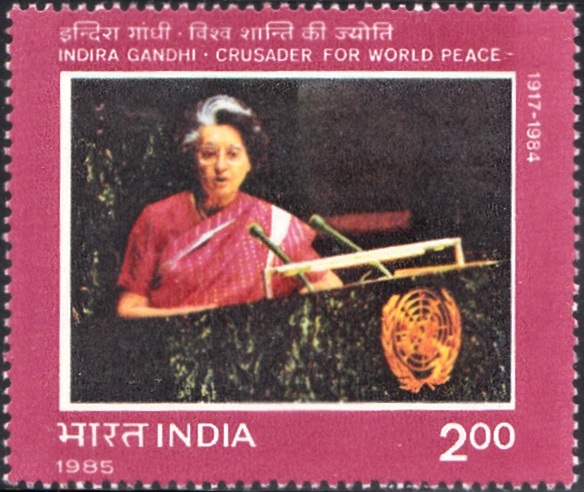

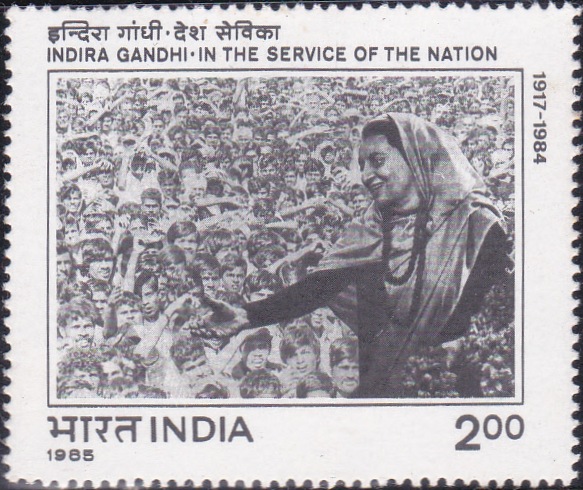
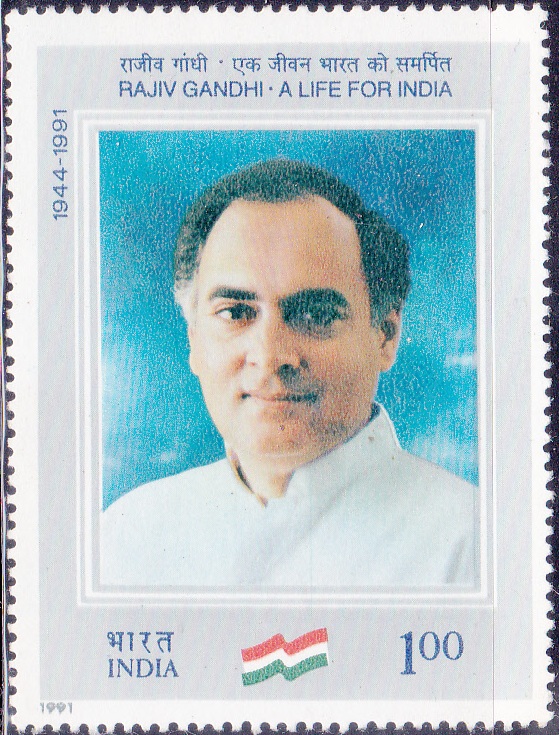
[…] amongst masses without any distinction of caste, creed, community, etc. He was honoured with the “Indira Gandhi National Integration Award of 1992”. He was a philosopher, writer, poet, singer, orator, […]